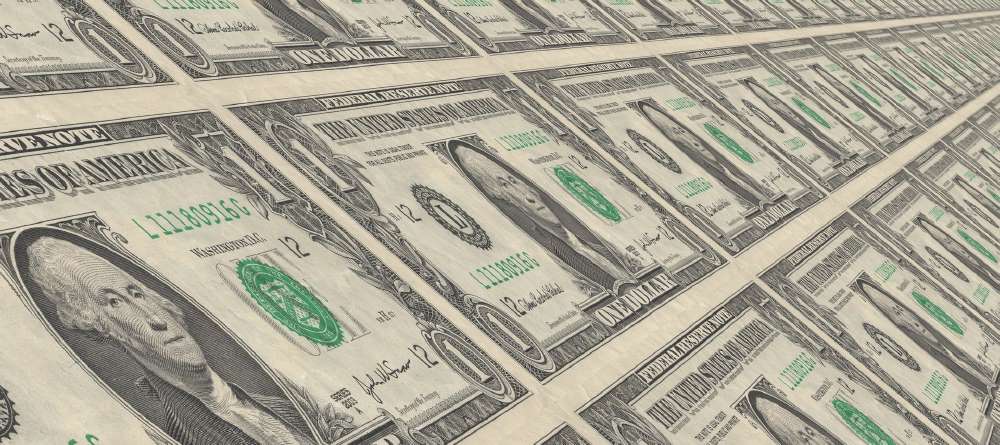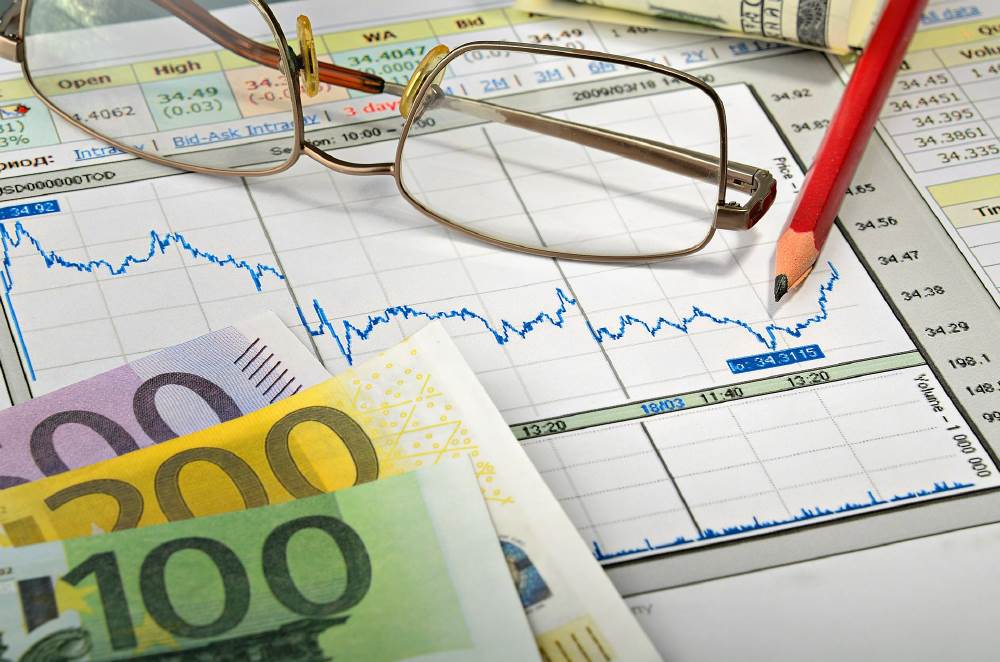The Australian dollar declined against its US counterpart Wednesday despite stronger than forecast consumer confidence and home loans figures, as the markets shifted their attention to Thursday’s employment report.
The Aussie fell back toward 77 cents US on Wednesday after attempting a re-test of the 78-cent level in the overnight session. The AUD/USD consolidated at 0.7705, declining 0.86 percent. The pair faces initial support at 0.7690 and resistance at 0.7826.
In economic data, Australia home loans rose faster than forecast in December, raising concern the country’s housing market was overheating. Home loans increased 2.7 percent in December, following a 0.4 percent drop the previous month, the Australian Bureau of Statistics reported Wednesday.
The value of investor loans rose 6 percent to a record AUD $12.56 billion, well above the average monthly increase of 2.6 percent over the last six months.
On Tuesday Westpac said Australian consumer confidence rose briskly in February, as falling energy prices lifted optimism about family finances and the overall economy. The consumer confidence index rose 8 percent to 100.7, a 13-month high.
The ABS will release January employment data on Thursday. The Australian economy added 37,400 total jobs in December, following a gain of 45,000 in November, rounding out the strongest two-month period of job creation in eight years. Full-time employment soared by 41,600 in December, while the unemployment rate dropped to 6.1 percent from 6.2 percent.
Despite a more robust job market, the Reserve Bank of Australia last week cut interest rates for the first time in 18 months, setting the stage for another rate cut in the next several months. The central bank also lowered its 2015 growth and inflation forecasts and said unemployment will rise, underscoring the need for more accommodative monetary policy.
According to the revised forecast, the Australian economy will expand between 1.75 percent and 2.75 percent this year, down from the previous estimate of between 2 percent and 3 percent. Consumer inflation is forecast to slow to 1.25 percent in the year through June.
The RBA has long held that the Australian dollar is overvalued, giving policymakers plenty of scope to drive down interest rates. The AUD/USD has declined nearly 6 percent since the start of the year and is expected to fall below 75 cents in the short-term. According to BlackRock, the world’s largest asset manager, the Aussie will bottom out below 70 cents US in the first half of 2015.
MKTPlace is a leading digital and social media platform for traders and investors. MKTPlace offers premiere resources for trading and investing education, digital resources for personal finance, news about IoT, AI, Blockchain, Business, market analysis and education resources and guides.













